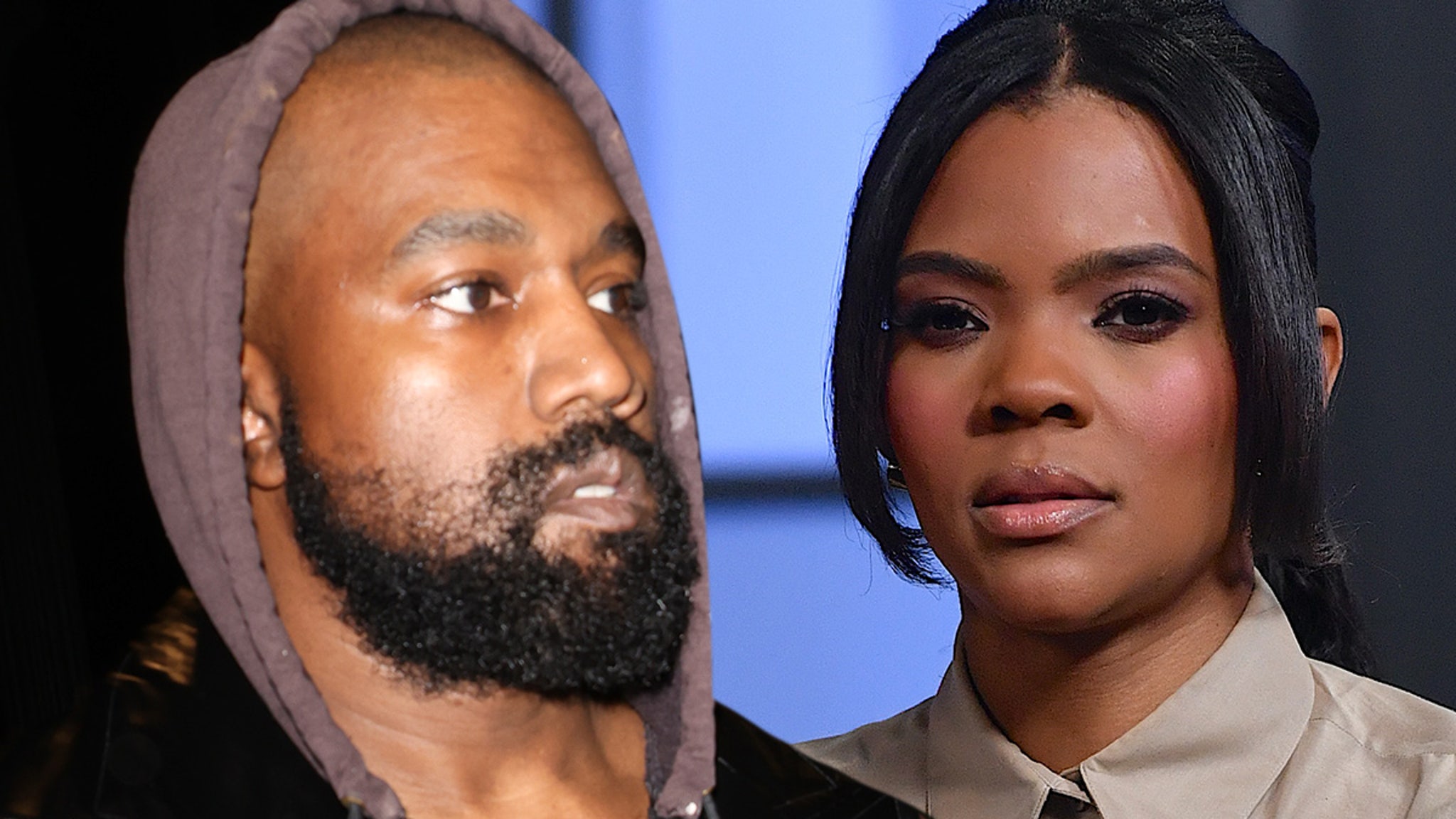[Warning: The below contains MAJOR spoilers for Fargo Year 5, Episode 10, “Bisquik.”]
Fargo‘s fifth year has finally come to a close, and it didn’t stray from the strange as the last shot of the finale episode, “Bisquik,” closed on the face of Sam Spruell’s Ole Munch, the centuries-old sin eater who sought payment for the debt he believed Dot (Juno Temple) owed him.
But before the action led him to her front door a year after the raid at Tillman Ranch, Dot’s quest to rid her life of Roy (Jon Hamm) finally came to fruition. Surprising him with a shotgun on the front porch of his farmhouse, Dot shoots Roy, but that’s also the moment Witt Farr (Lamorne Morris) and the raiding authorities reach the property, sparking a fire fight.
Witt pulls Dot to the ground, shielding her with his body, but in the chaos of it all, Roy manages to get away, fleeing while injured. Dot’s desire to make sure he doesn’t get away leads Witt to follow after the rogue Sheriff into the dugout tunnels below his sprawling land. Thinking he’ll make a hasty escape, Roy ducks into the dark corridors but hides when Witt follows close behind. When Witt turns just in time to find Roy pacing toward him, he holds his gun up and orders the man to surrender.

(Credit: Michelle Faye/FX)
Unfortunately, Witt’s “by-the-book” approach doesn’t serve him well when Roy pretends to put his weapon down and instead lunges forward to plunge a knife into the well-intentioned North Dakota detective’s heart, killing him. As with the theme of the show though, Witt felt compelled to pay back the debt he’d accrued after Dot had saved his life at the gas station shoot-out in the premiere episode. Thankfully, Roy was caught at the other end of the tunnel as authorities waited to take him into custody.
Saddened by the turn of events, Dot makes the most of her life as the show fast-forwards to a year later. Visiting Witt’s grave with her daughter Scotty (Sienna King) and Indira Olmstead (Richa Moorjani), Dot’s life is on the right track. Meanwhile, Roy’s an inmate serving time when Lorraine (Jennifer Jason Leigh) pays him a visit, informing him that she’s implemented some debt relief for a few of his fellow inmates as a means of payment to keep him in line and essentially torture him. So, while the big bad may not have died, he’ll certainly suffer.
But did you think Dot could get away so easily? When returning home to Wayne (David Rysdahl) with Scotty, Dot discovers Ole Munch in her living room. The sin eater who had been hired to kidnap her was previously seen in Episode 9, freeing Dot from the hidden grave beneath Tillman Ranch’s windmill.
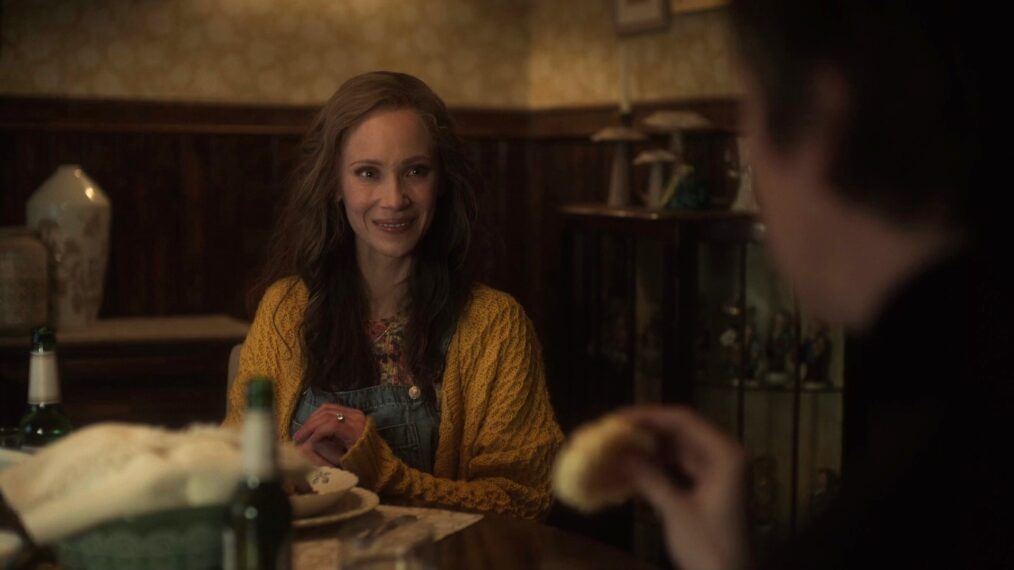
(Credit: FX)
Handing her a gun and aiding in her freedom, his request to settle their debts is certainly shocking in the finale’s final moments. But no weapons or violence unfolds. Instead, Dot invites him to have dinner with the family, getting him to help make drop biscuits from pancake mix.
The perplexing situation raises a major question. Why did it take Munch so long to circle back on collecting the debt he felt he was owed? “I think he probably did what he does,” Spruell tells TV Insider. “He sets her free, then just leaves, and he doesn’t think about it. And then suddenly there is a kind of itch on the inside of his skull — that is a direct quote from Noah Hawley — where something is [bothering] him. It’s a debt unpaid and the issue of whether debts always need to be paid is something that is a quandary that he must wrestle with.”
As Dot gets the spirit-like figure to join her family, she appeals to him and asks him to consider her under the scope of being a mother and how he was once loved by a mother. It’s an interesting notion for him to take in as he tries to convey his viewpoint as a wandering drifter looking at life through checks and balances.
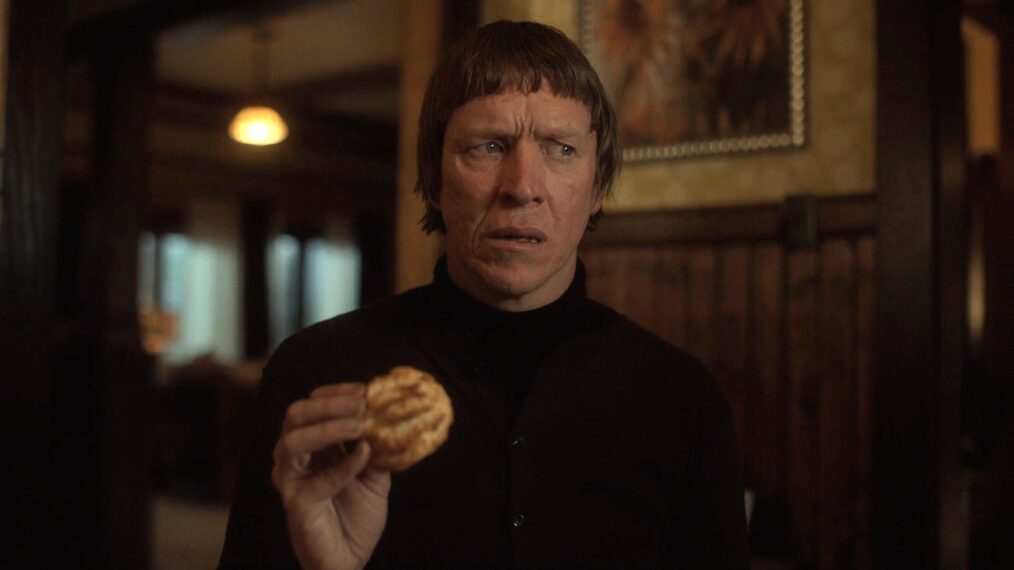
(Credit: FX)
Ultimately, Dot asks him, what if someone can’t pay a debt? Sometimes there are instances of forgiveness. She understands he’s upset about being injured during their first meeting, but she reminds him he signed up for the risky gig. “It’s also asking us maybe to think about what debts we do let go [of],” Spruell says. “Without being too pretentious or political, if a private company takes your money, but fails, quite often we will give more public money to keep that company going. When it comes to a smaller individual who’s destitute through debt, we seem to arrive at quite a hard attitude and view of that person’s demise at their own hands.”
Overall for Munch’s appearance, the actor says, “I think it’s just asking you to think about that state of affairs.”
When the group sits down to eat chili and biscuits, Ole Munch launches into a monologue essentially recounting centuries of his life, from the time he first consumed sin leading up to the moment he took this seat at the Lyon family’s table. What he conveys is cynicism and distrust having spent years struggling without warmth or happiness. “I really began to understand the character with the sin-eating scene,” Spruell shares. “Once I understood the repercussions of that, I really started to get who he was. And then these themes Fargo is very good at of emancipation versus entrapment that are [timeless].”
“If your creator says he’s lived for 500 years, well then you just go with it and you try and think about what 500 years of living in sin means for you as a person,” he adds. “I’ve found it’s quite a heavy role in which you are also asked to try and find a bit of humor as well. So I felt like it was a privilege to play this guy. And there was one point where we were worried that we might not have time to film this speech,” Spruell admits.
Thankfully time wasn’t lost, because as Spruell puts it, “It’s very important. And I remember I said, ‘I have to say these lines,’ [they] feel so important to the show and this part, and to everything we are trying to say, because of deep understanding of humanity and how cruel it can be and how entitled it can be and how tough it can be,” Spruell muses, calling Hawley “a fantastic writer.”
For those who may not have noticed. Year 5 also had a recurring character in “Bisquik” and pancakes throughout the run, whether it was Dot eating at the roadside diner, making breakfast for Scotty, or even Munch’s pancakes made by his “mama,” they represented warmth and love Munch wasn’t often shown.
“There’s a kind of pancake theme throughout the show, actually,” Spruell explains. “It’s part of the language between Dot and her daughter. But also for Munch, the pancake is an undeniable act of love, isn’t it? If someone makes you a pancake, it’s so comforting. There’s something so simple in its gesture. It is intrinsically, undeniably an act of love.”
Once Munch finally takes a bite of the biscuit made by Dot and her family, he consumes love and warmth, giving into the kindness surrounding him. Does that mean his misdeeds or debts have been absolved as the camera closed on a shot of his smiling face? Spruell says, “I think it’s funny. It is nice when things end with an act of hope. And so I would like to think that just that gesture, just her offer, and his acceptance of her offer breaks the cycle, and he’s set free to live a life that can accept love.”
Whatever we choose to believe, the beauty of Fargo is that it’s always open to interpretation.
Fargo, Year 5, Streaming now, Hulu

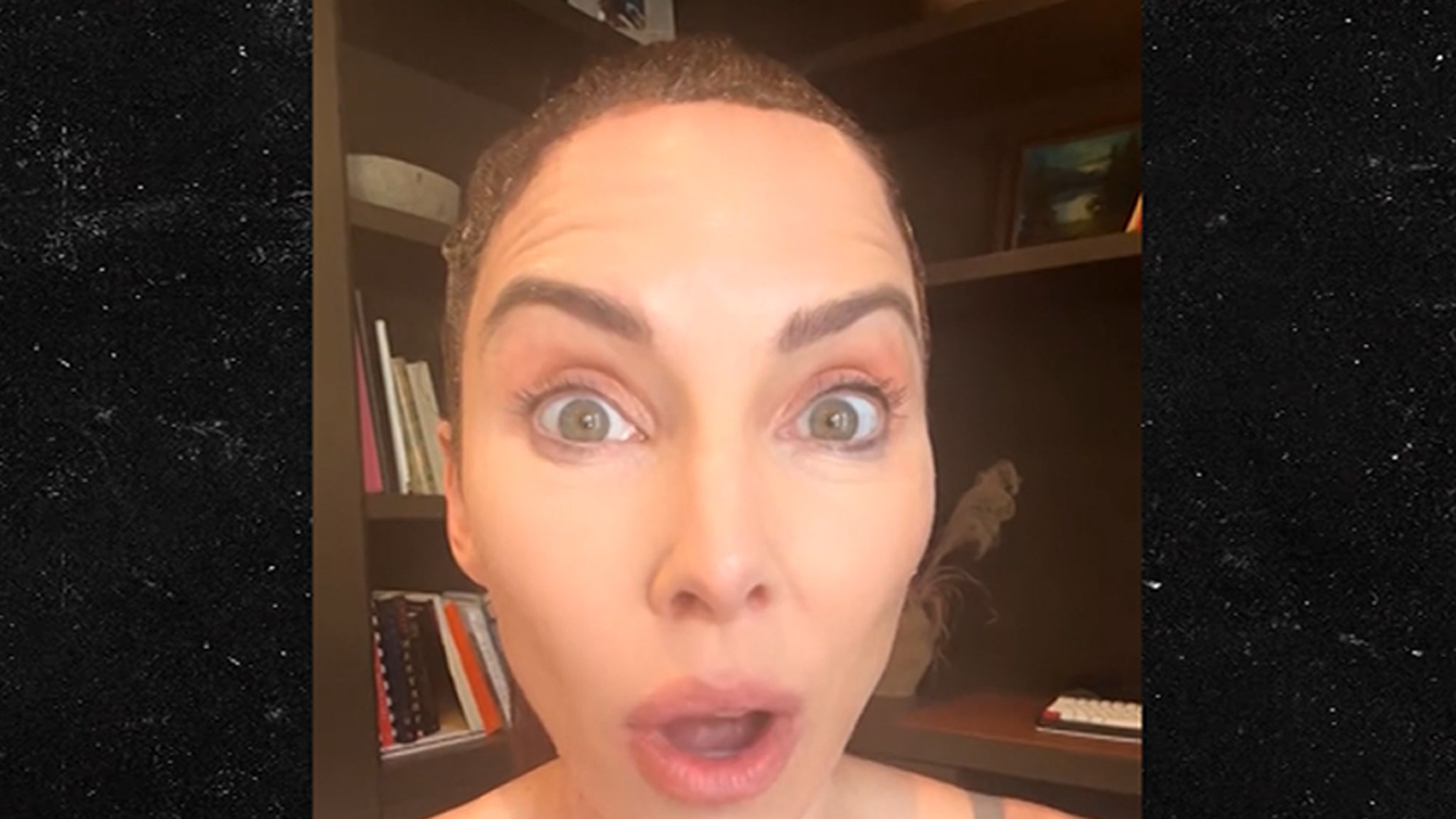






















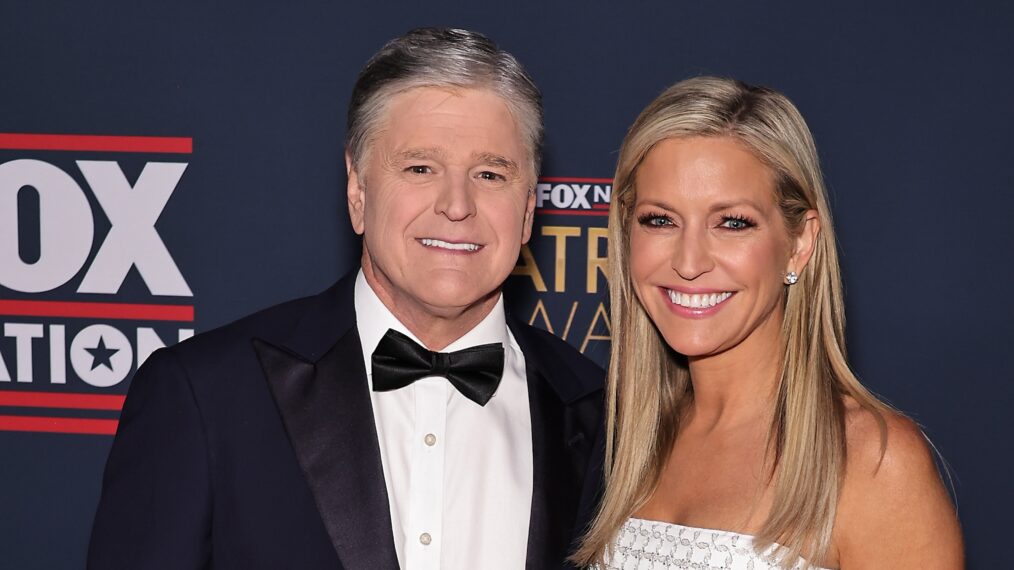













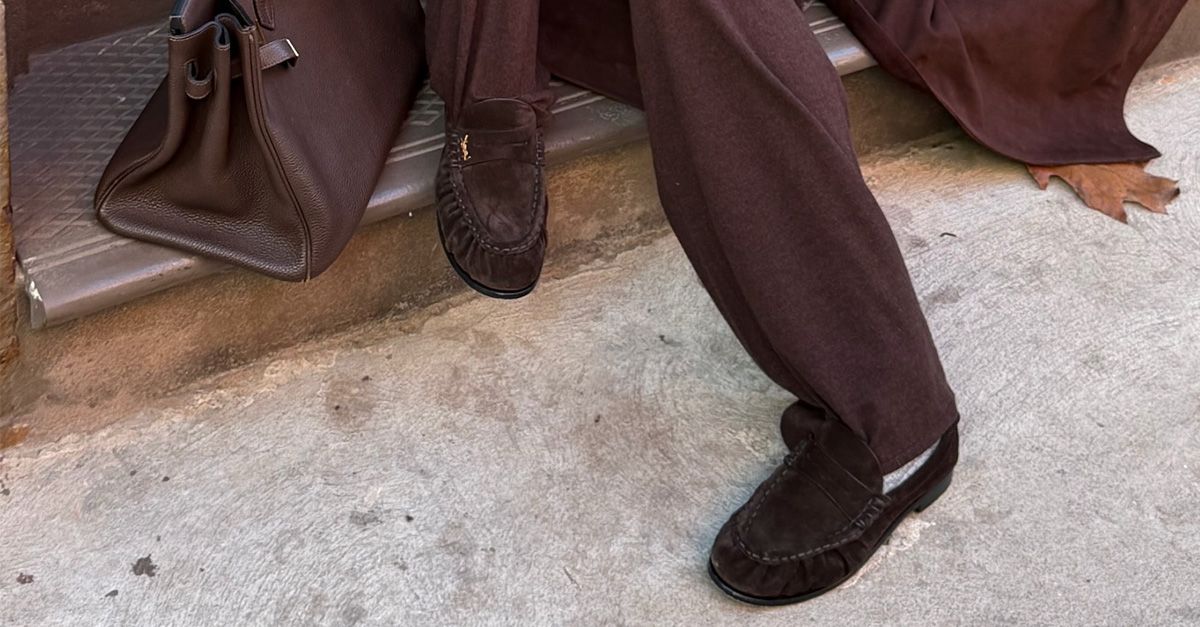



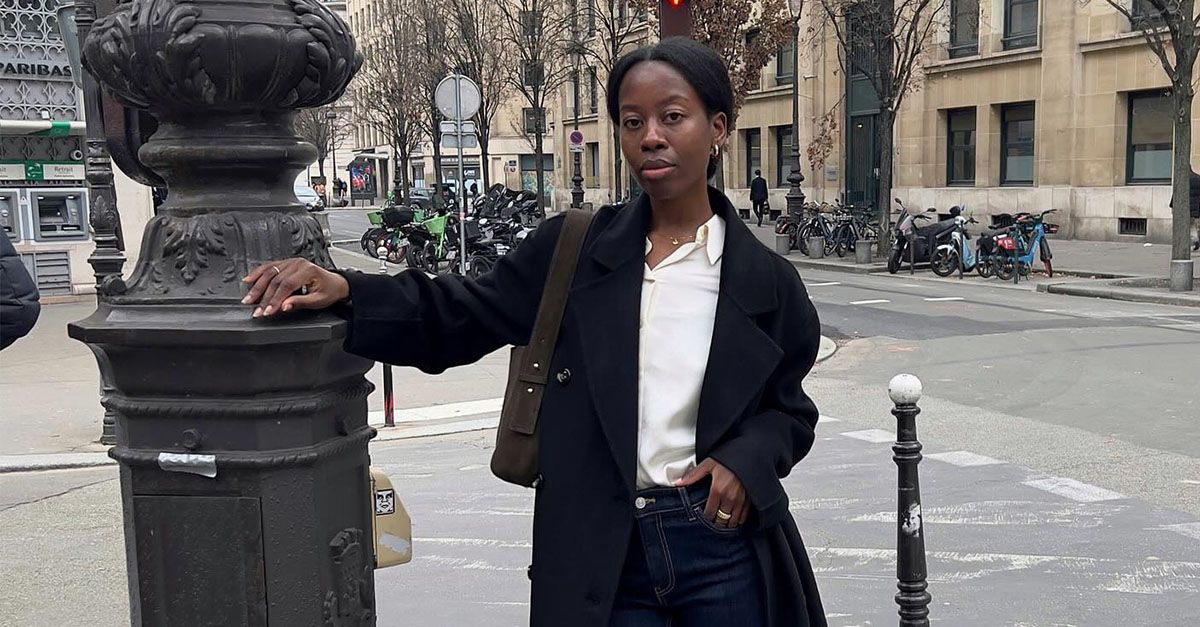
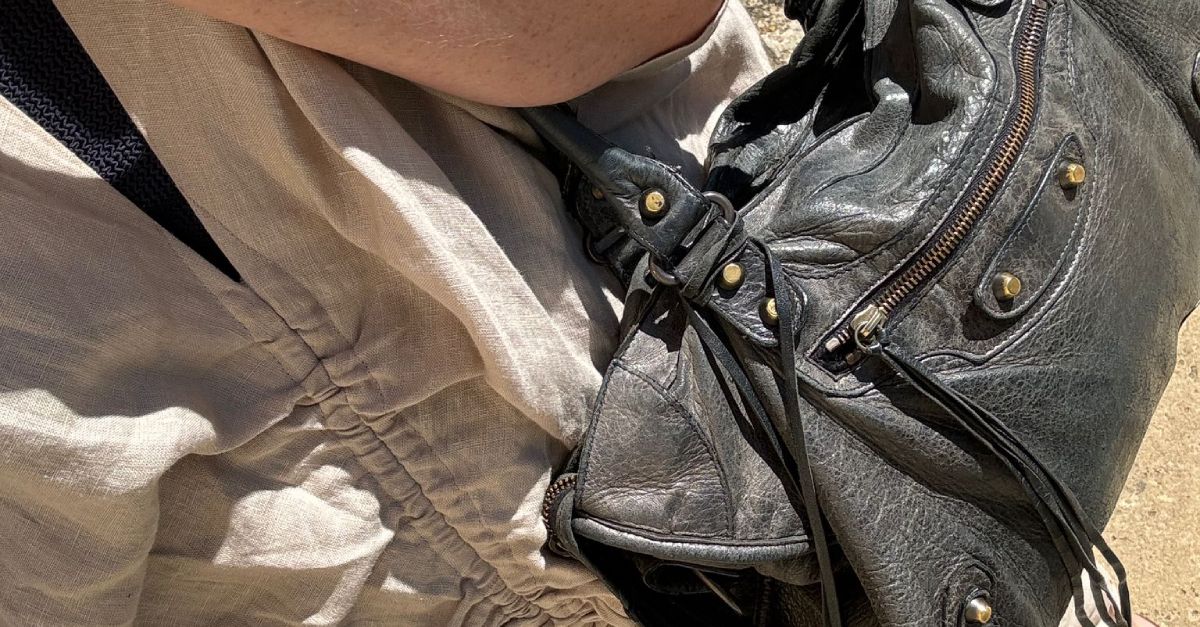











![Bruno Mars, Anderson .Paak, Silk Sonic – Smokin Out The Window [Official Music Video] Bruno Mars, Anderson .Paak, Silk Sonic – Smokin Out The Window [Official Music Video]](https://i.ytimg.com/vi/GG7fLOmlhYg/maxresdefault.jpg)








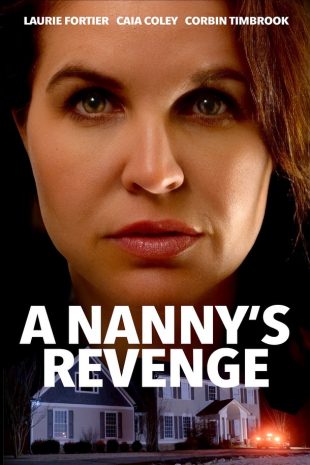







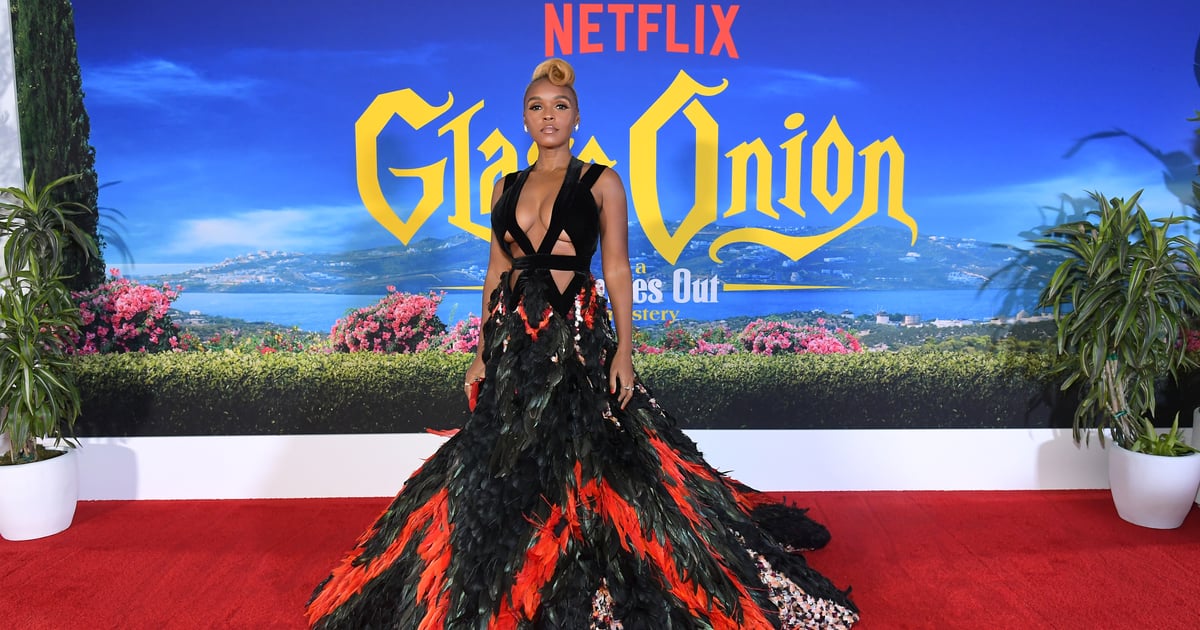

:quality(85):upscale()/2024/08/14/839/n/1922564/9b9ceb4166bd00c2b66a97.71575710_.png)
